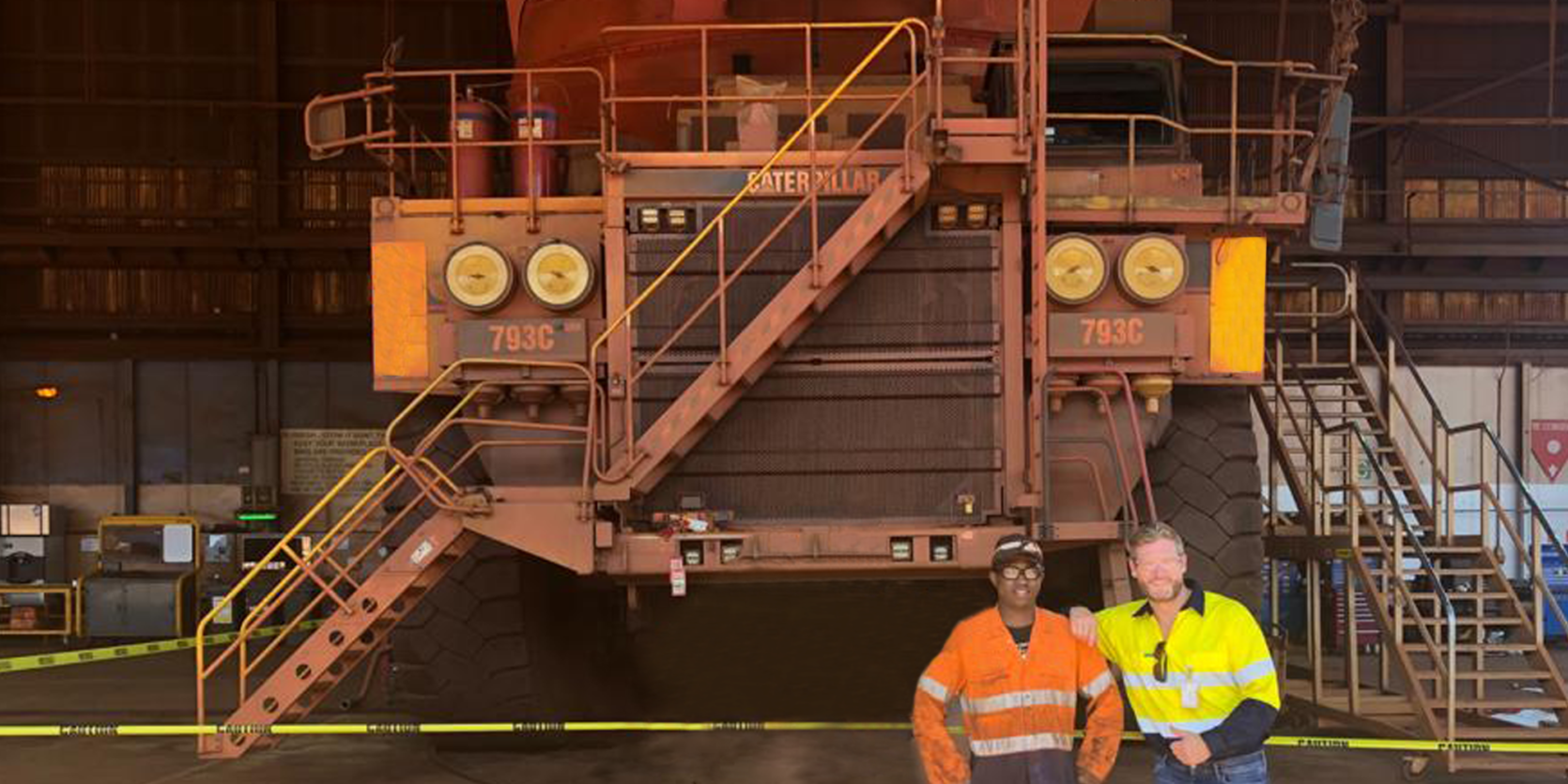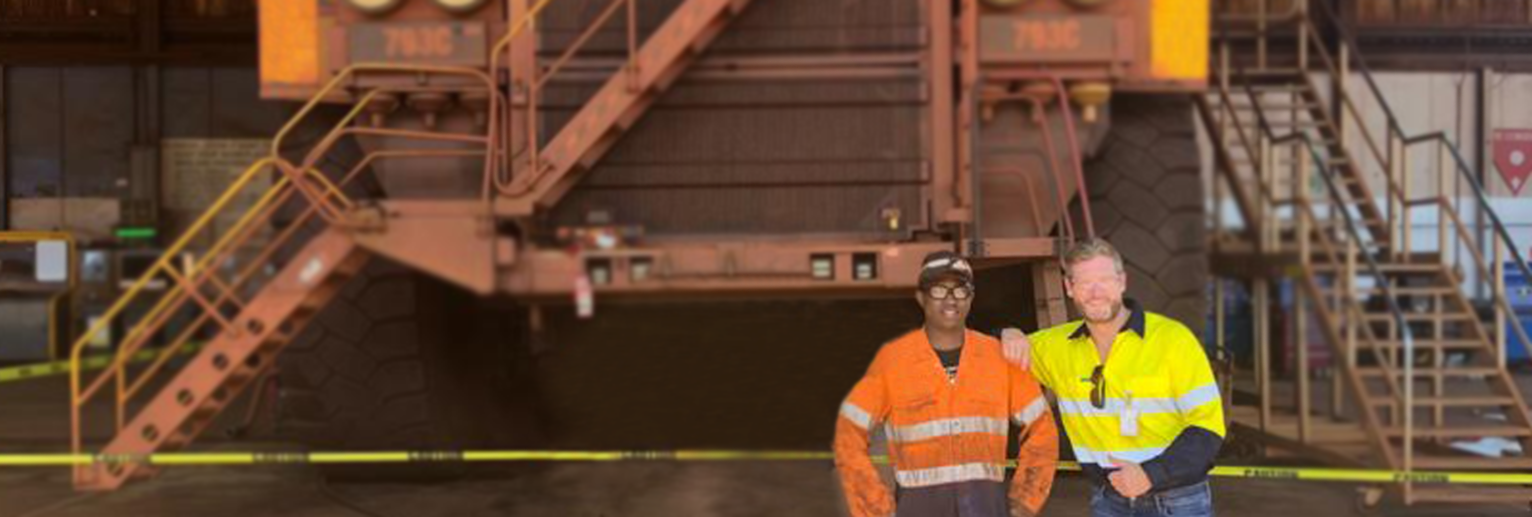Why solving our heavy duty mechanic shortage is critical to Australia’s economy.
By Tully Young — Blue Tongue Founder and Managing Director
Australia’s mining industry is being severely impacted by a shortage of Heavy Duty Mechanics and skilled technicians. If the industry is to be our economic saviour, as it has done through previous economic downturns, it is critical that we find innovative and real solutions and adopt a holistic approach to tackle these skills shortages effectively.
Currently it takes four years for an apprentice to become a Heavy Duty Mechanic. This is not a short term solution for employers, who need to fill their immediate and short term skills gaps. Therefore, it’s imperative that we start to look at partnerships and new models as to how we train our Heavy Duty Mechanics and the workforce of the future.
12 years ago, I recognised this shortcoming and developed a unique training program specifically for Light Vehicle Mechanics, that would fast track the time it took for them to qualify as Heavy Duty Mechanics, while minimising the risk and associated costs of apprenticeships for employers. This collaborative group training model was built on the LV Mechanics’ existing knowledge, making them a great new type of technician for the mining sector.
After completion the mechanic has the confidence and necessary skills to work for one of our partner Clients, where they receive further on the job experience to complete their heavy mobile plant trade while getting paid significantly more than being a car mechanic.
Because we take on the risk, invest in the project and cover all the training costs, employ the mechanic directly and pay them a wage while they train, the chances of successful outcomes for businesses requiring Heavy Duty Mechanics in their workforce increases significantly.

Tully Young at one of Blue Tongue partner client’s workshop
With LV Mechanics also in short supply, the time has come for new innovation and new ideas to build the workforce of the future. Collaboration, training innovation and risk sharing what is required to solve the skills shortage in heavy mobile maintenance — this is what the expert consulting team at Blue Tongue is working hard at to offer new solutions to industry.
Australia’s skilled migration program also works exceptionally well in filling immediate critical shortages in the resources sector and has long since played an important role in driving Australia’s economy while adding to our rich cultural diversity.
But not all businesses have the capacity, experience or resources in skilled migration employment, which is critical in ensuring successful outcomes for both employees and employers. Blue Tongue has 17 years’ experience in selecting and sourcing some of the best highly skilled Heavy Duty Mechanics from far flung places such as Peru, Ghana, Zambia, Korea and Zimbabwe. We spend weeks at a time, interviewing hundreds of Heavy Duty Technicians who are qualified and experienced in the mining industry.
It’s a gruelling process, often requiring ten-hour days of solid interviews for two weeks straight. We have to determine their skill levels, qualifications, fluency in English as well as their likelihood to overcome the challenges of living in a new country, while working in a regional mining town of Western Australia on a FIFO roster. From that whole process we may only select only 35 or so of the best Heavy Duty Mechanics to work for our partner Clients. But it is that level of attention that we put into skilled migration project management that gives us a 95% employee retention rate, and why businesses choose to partner with us.
Having this kind of holistic approach and looking outside the square to find solutions to fill the shortage of Heavy Duty Mechanics that our biggest industry is facing is imperative if we are to drive our economy forward. While it is clear that training innovation and skilled migration play a significant role in solving skills shortages, they can only be successful if we are prepared to test new grounds with a flexible, collaborative and strategic approach.

